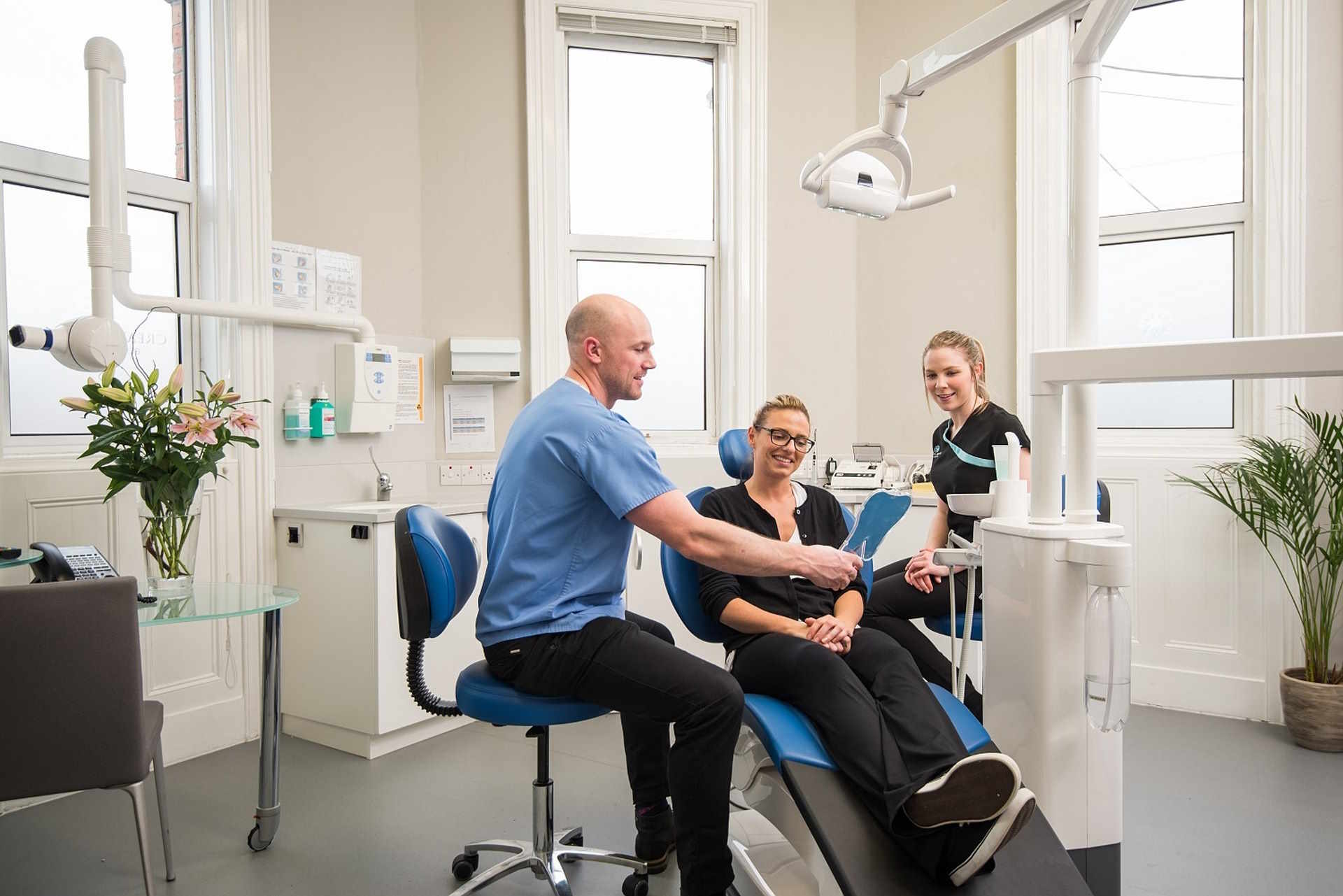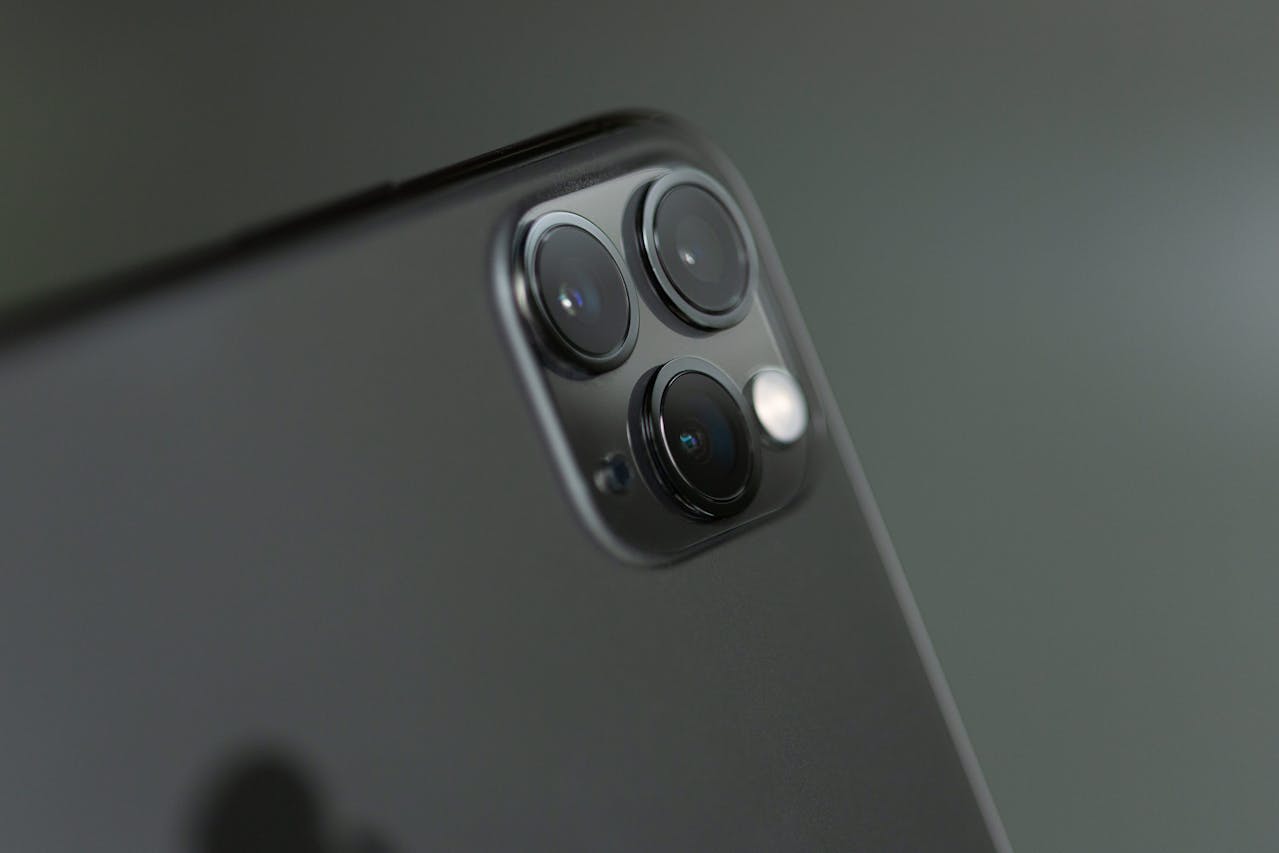Dental Implants: The Future of Tooth Replacement and Restoration
Dental implants have revolutionized the field of dentistry, offering a permanent and natural-looking solution for missing teeth. As technology advances, these implants are becoming increasingly sophisticated, providing patients with more comfort, durability, and aesthetic appeal. This article explores the latest developments in dental implant technology and why more people are choosing this option for tooth replacement.

What makes invisible dentures a discreet choice for modern dental restoration?
Invisible dentures, also known as clear dentures or translucent dentures, are gaining popularity as a discreet option for dental restoration. Unlike traditional dentures, invisible dentures are made from advanced materials that closely mimic the appearance of natural gum tissue and teeth. This makes them virtually undetectable when worn, allowing patients to smile, speak, and eat with confidence.
The translucent nature of these dentures allows the natural color of the patient’s gums to show through, creating a more realistic appearance. Additionally, the teeth are custom-designed to match the patient’s natural tooth color and shape, further enhancing the overall aesthetic result.
How implant-supported dentures improve comfort and stability over time?
Implant-supported dentures offer significant advantages over traditional removable dentures in terms of comfort and stability. These dentures are anchored to dental implants surgically placed in the jawbone, providing a secure foundation that prevents slipping or shifting during daily activities.
Over time, the implants fuse with the surrounding bone tissue through a process called osseointegration. This integration creates a strong and stable connection between the implants and the jawbone, resulting in improved comfort and functionality. Patients with implant-supported dentures often report increased confidence in their ability to eat, speak, and smile without worrying about their dentures becoming loose or falling out.
The role of advanced materials in creating lifelike dental prosthetics
The field of dental prosthetics has seen significant advancements in materials science, leading to more lifelike and durable dental restorations. Modern dental implants and prosthetics are typically made from biocompatible materials such as titanium, zirconia, and high-grade ceramics.
Titanium has long been the gold standard for dental implants due to its strength and ability to integrate with bone tissue. However, zirconia implants are gaining popularity as a metal-free alternative, offering excellent biocompatibility and aesthetic properties.
For the visible parts of dental prosthetics, such as crowns and bridges, advanced ceramics and composite materials are used to create highly realistic tooth replicas. These materials can be customized to match the color, translucency, and texture of natural teeth, resulting in restorations that are virtually indistinguishable from the surrounding dentition.
Why patients are considering long-term benefits of implant-based solutions
Patients are increasingly recognizing the long-term benefits of implant-based dental solutions over traditional removable dentures or bridges. While the initial cost of dental implants may be higher, they offer several advantages that make them a worthwhile investment:
-
Longevity: With proper care, dental implants can last a lifetime, whereas traditional dentures typically need replacement every 5-10 years.
-
Bone preservation: Implants stimulate the jawbone, preventing bone loss that often occurs with missing teeth or traditional dentures.
-
Improved oral health: Unlike bridges, implants do not require altering adjacent healthy teeth for support.
-
Enhanced quality of life: Implant-supported restorations provide a more natural eating and speaking experience, boosting confidence and overall well-being.
Unique insights on dental implants in the United Kingdom
In the United Kingdom, dental implant procedures are becoming increasingly accessible and sophisticated. The National Health Service (NHS) offers dental implants in certain cases, particularly for patients who have lost teeth due to injury or medical conditions. However, most dental implant treatments are provided privately.
The UK dental implant market has seen a surge in “dental tourism,” with some patients opting to travel abroad for potentially lower-cost treatments. However, it’s crucial to consider the risks associated with overseas dental work, including potential complications and the need for follow-up care.
Steps to prepare for a smooth invisible denture treatment journey in 2025
As we look towards 2025, the process of getting invisible dentures is expected to become even more streamlined and patient-friendly. Here are some steps to prepare for a smooth treatment journey:
-
Comprehensive consultation: Begin with a thorough examination and discussion with a qualified dentist to determine if you’re a suitable candidate for invisible dentures.
-
3D imaging and planning: Advanced 3D imaging technology will be used to create a precise treatment plan tailored to your unique oral anatomy.
-
Digital impressions: Say goodbye to messy traditional impressions as digital scanning becomes the norm for creating accurate models of your mouth.
-
Virtual try-on: Utilize augmented reality tools to preview your new smile before treatment begins.
-
Minimally invasive procedures: Benefit from advanced surgical techniques that minimize discomfort and recovery time.
-
Smart monitoring: Use connected devices and apps to track your progress and maintain optimal oral health during and after treatment.
| Provider | Treatment Option | Estimated Cost Range (£) |
|---|---|---|
| NHS | Standard dental implants (limited availability) | 200 - 500 per implant |
| Private UK Clinics | Single tooth implant | 2,000 - 3,000 |
| Private UK Clinics | Full arch implant-supported dentures | 10,000 - 25,000 |
| European Dental Tourism | Single tooth implant | 1,000 - 1,500 |
| European Dental Tourism | Full arch implant-supported dentures | 5,000 - 15,000 |
Prices, rates, or cost estimates mentioned in this article are based on the latest available information but may change over time. Independent research is advised before making financial decisions.
As dental implant technology continues to advance, patients can look forward to even more natural-looking, comfortable, and long-lasting tooth replacement options. The future of dental restoration lies in personalized treatments that seamlessly integrate with the patient’s oral health and overall well-being.
This article is for informational purposes only and should not be considered medical advice. Please consult a qualified healthcare professional for personalized guidance and treatment.




